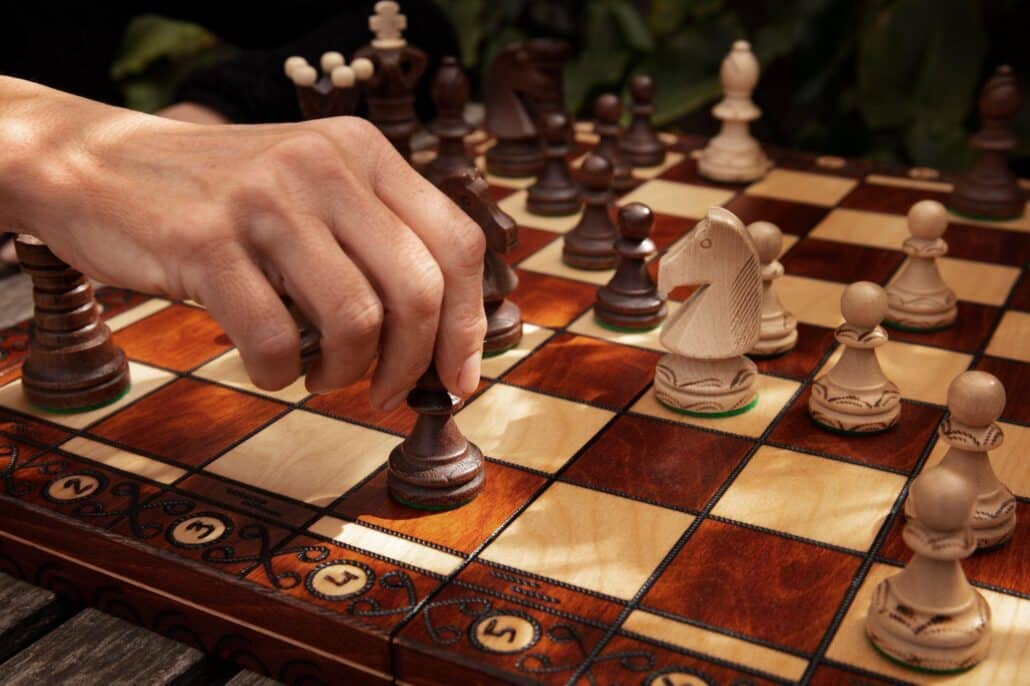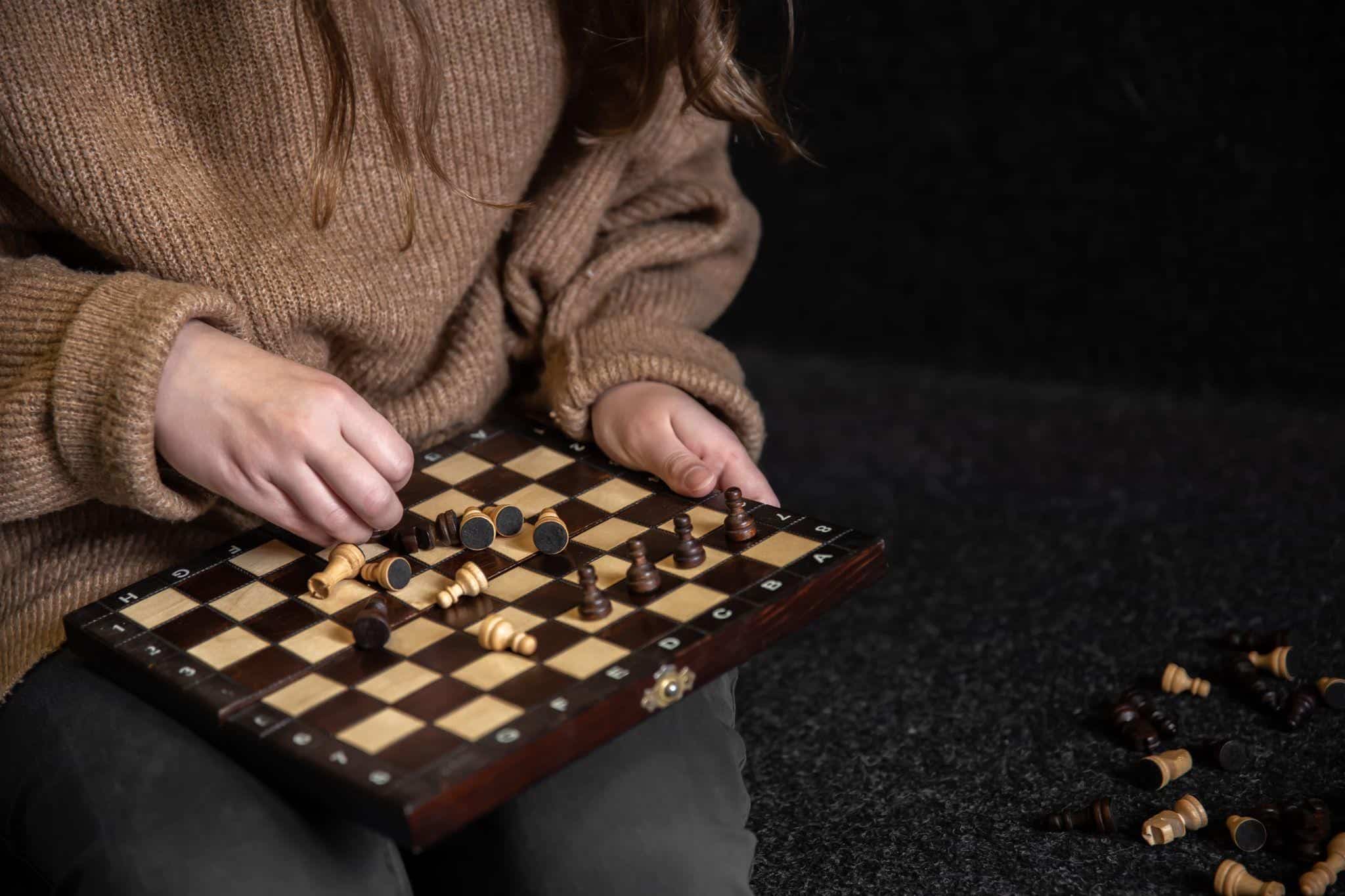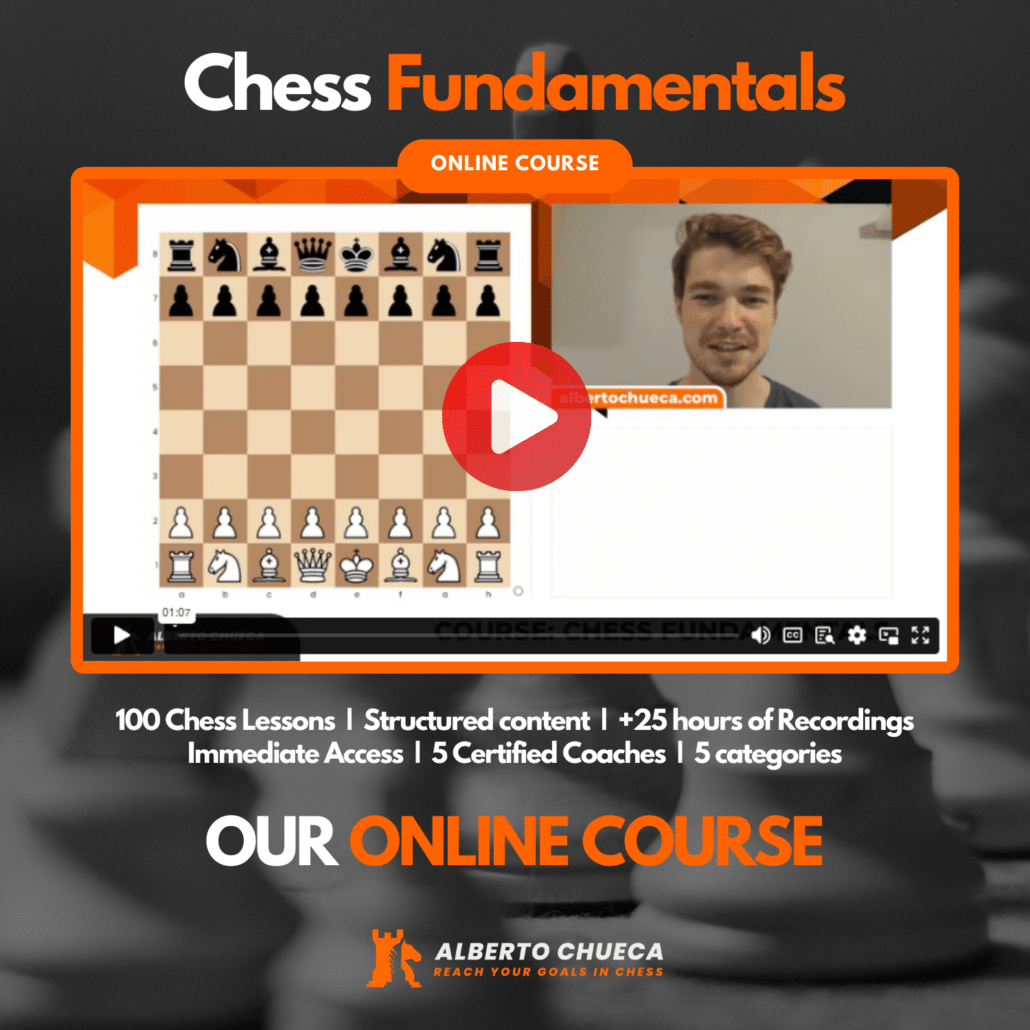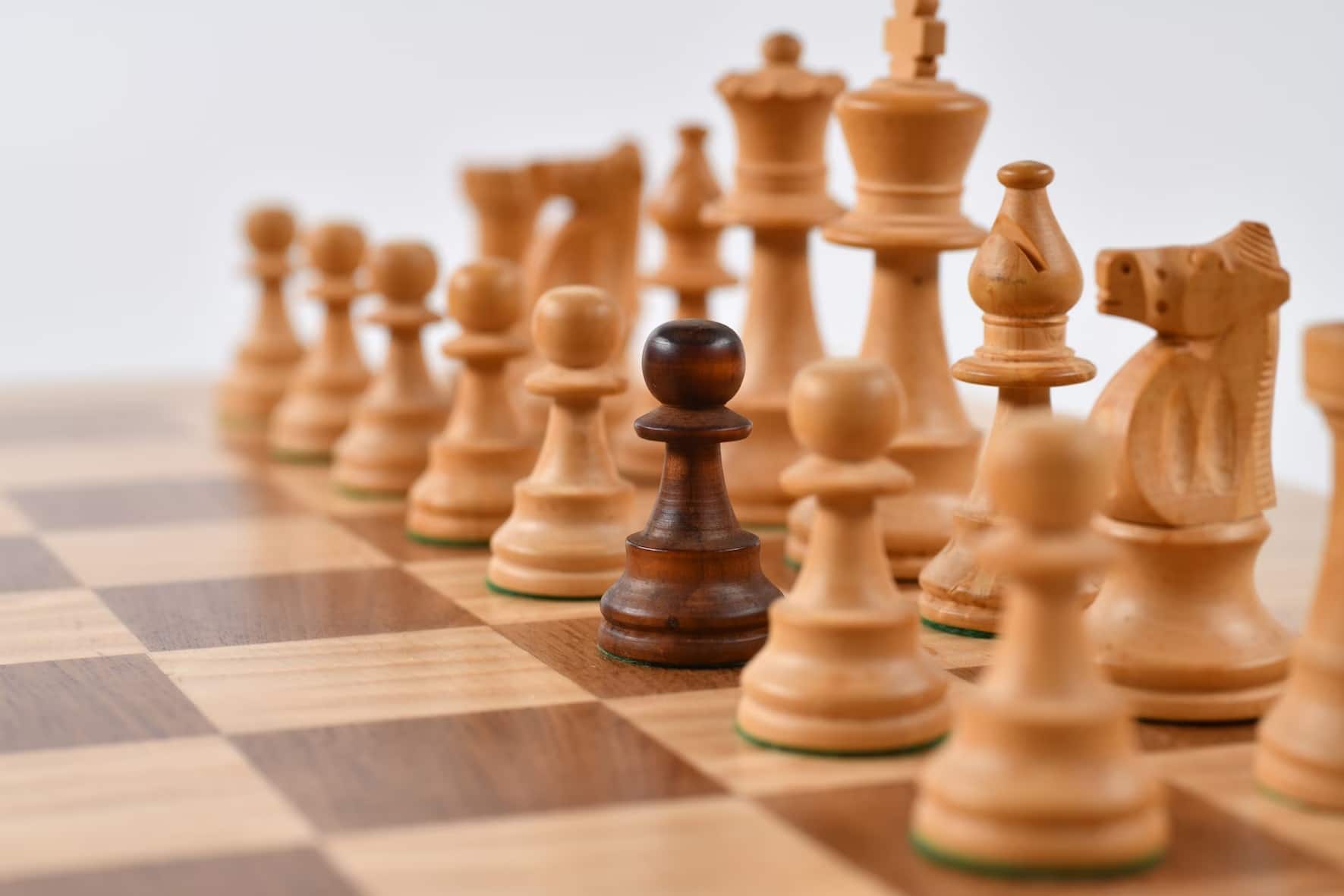Table of Contents
Introduction
Have you ever considered the impact of a 1,500-year-old game on today's education? Yes, we're talking about chess, often hailed as the ‘Game of Kings.' But what makes this ancient game relevant in our contemporary classrooms? In this article, we'll dive into the fascinating world of chess and explore how it has become a pivotal tool in fostering student excellence.
The Intellectual Rigor of Chess
Developing Critical Thinking Skills
Chess is not just a game; it's a brain workout. Imagine a gym where the weights are strategic decisions, and the treadmill is your brain jogging through endless possibilities. Every move in chess demands critical thinking and problem-solving skills. Students engaged in chess learn to anticipate consequences, understand the importance of careful planning, and develop the patience to look beyond immediate gratification. Isn't that a miniature version of real-life decision-making?
Enhancing Memory and Concentration
Can you recall a time when you had to remember a vast amount of information? Chess players do this all the time. The game requires the memorization of different strategies, movements of pieces, and potential outcomes. This exercise in memory enhancement directly translates to academic skills. Furthermore, the concentration required to play chess is immense. A single game can last hours, necessitating prolonged periods of intense focus – a skill that is increasingly valuable in our era of constant distractions.
Strategic Thinking in Writing: The Chessboard of Words
Imagine writing as a chessboard, where each word is a strategic piece contributing to the ultimate goal of the essay. This approach is crucial for essay writers, as it involves not just the construction of sentences, but the creation of a coherent, compelling narrative. Such a service to students is invaluable, especially in academic settings where the ability to articulate thoughts clearly and persuasively is essential. Just as chess players foresee the impact of their moves, students, guided by skilled essay writers, learn to foresee how their words will influence their readers. This strategic approach to writing not only enhances their academic performance but also equips them with the foresight and planning skills necessary in all walks of life.
Social and Emotional Benefits
Building Resilience and Coping with Failure
In life, as in chess, we cannot win every battle. Chess teaches students to cope with defeat gracefully and use it as a learning opportunity. This resilience is crucial in a world where success is often glorified, while the lessons from failure are overlooked. How can we better prepare our youth for the ups and downs of life than by teaching them to view setbacks as stepping stones?
Fostering Inclusivity and Collaboration
Chess transcends language, age, gender, and socioeconomic barriers. It's a universal language, spoken on the sixty-four squares of the chessboard. In schools, it can bring diverse groups of students together, promoting inclusivity and understanding. Moreover, team chess tournaments encourage collaboration and teamwork, skills highly sought after in the 21st-century workplace.

Cognitive Development and Academic Performance
Boosting Mathematical and Reading Abilities
Did you know that chess has been shown to help people get better at math? Math is directly related to the game because it requires you to solve problems and find patterns. Studies have also shown that kids who play chess are better at reading and understanding what they read. The cause? Playing chess improves your ability to think through and understand complicated situations, which is a skill that can be directly applied to reading comprehension.
Enhancing Creativity and Original Thinking
Chess isn't just about being smart. It's also creative and artsy in some ways. To beat their opponents, players often have to think outside the box and come up with new tactics. In today's fast-paced, always-changing world, this ability to think outside the box and come up with new ideas is very useful. Don't we want our kids to learn these skills so they can be the adults who solve problems?
Chess in the Digital Age: A Tool for Modern Education
With technology's integration into education, chess has found a new platform. Online chess platforms and educational apps have made the game more accessible than ever. They offer interactive tutorials, puzzles, and games that cater to all levels, from beginners to advanced players. This digital approach not only makes learning chess more engaging, but also prepares students for a digital future.
Conclusion
In the end, adding chess to the curriculum is like adding a knight to the army of ways to teach. It can do many things, is strong, and can move things that other means can't. When we use chess as a teaching tool, we're not just teaching a game; we're giving kids skills that will help them for the rest of their lives. Now that we know that, wouldn't it be smart to use chess as a teaching tool? We've seen that the effects are huge, and the rewards are huge. One step at a time, let's help make people who are well-rounded, strong, and creative and ready to take on the world's problems.








